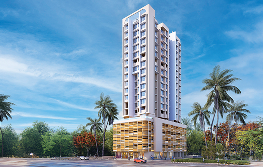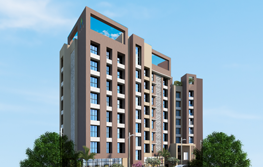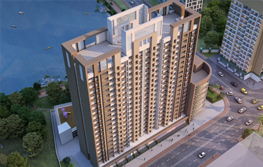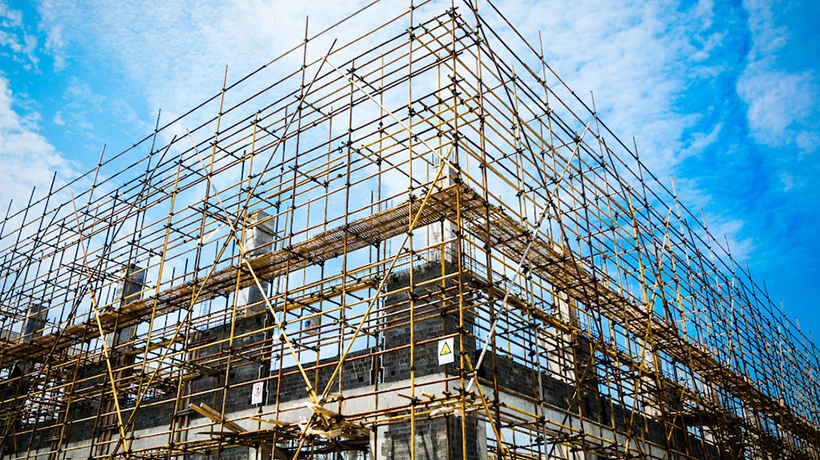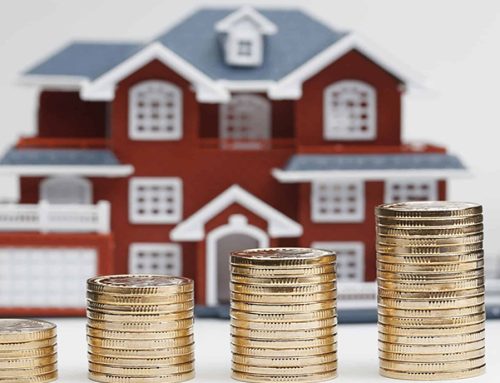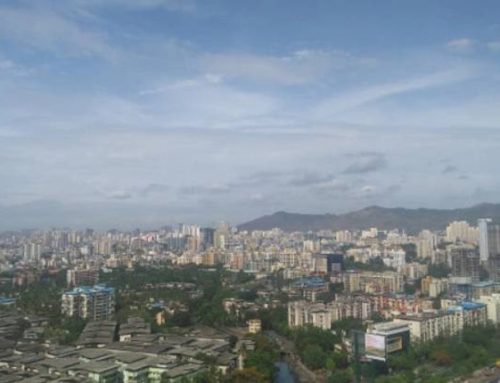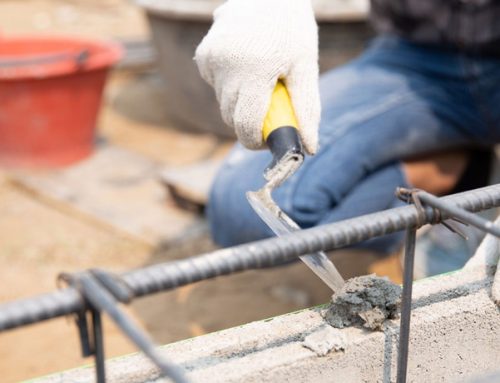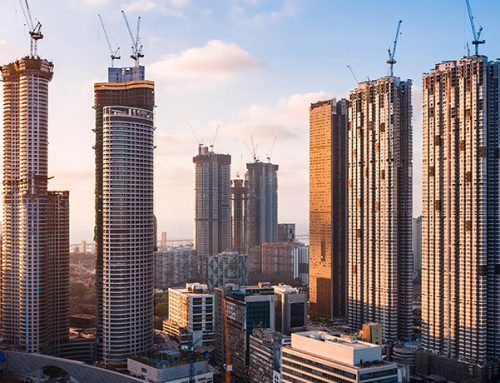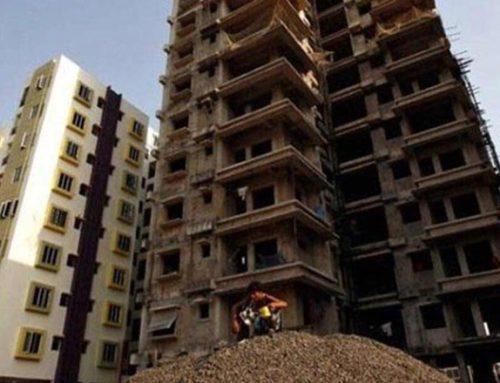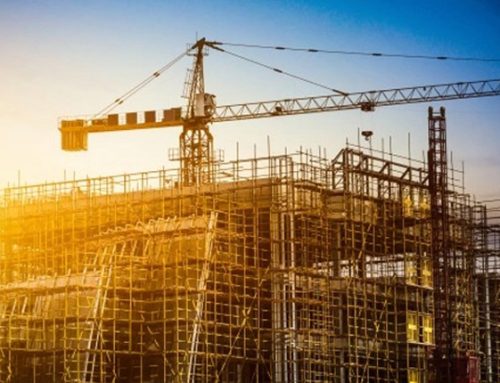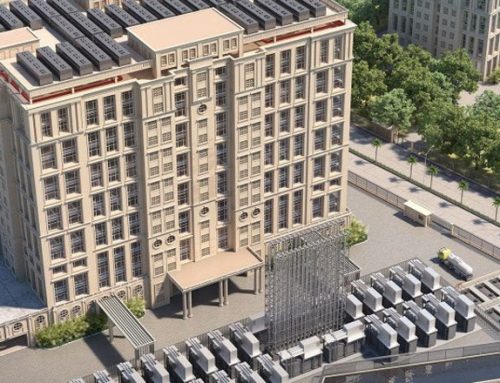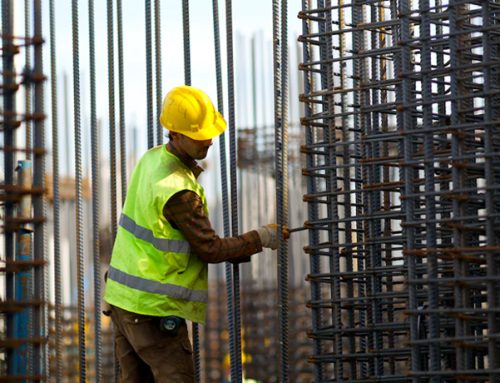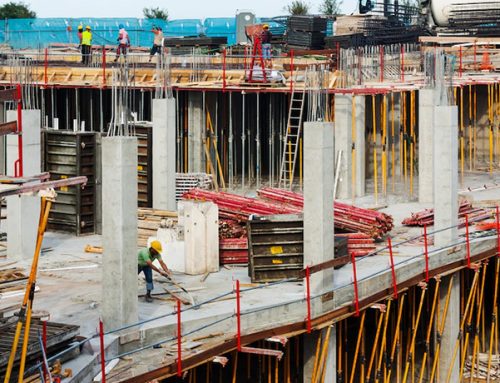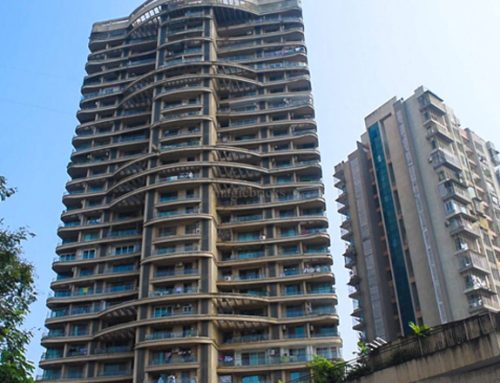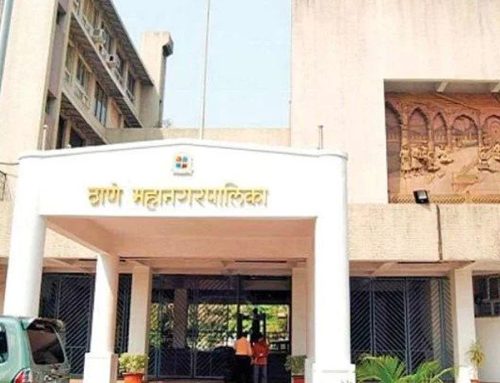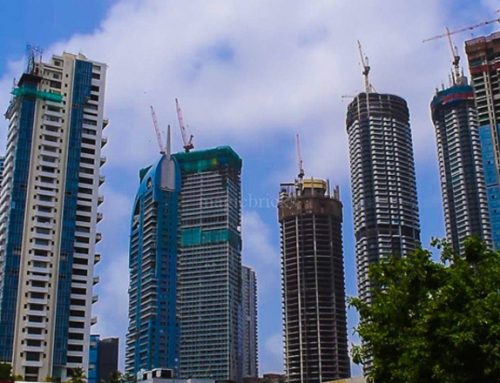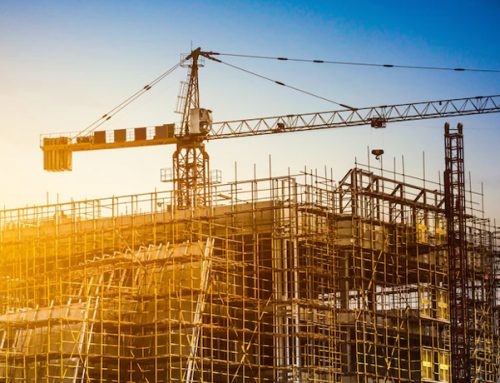Mumbai’s residential real estate market seems to be outperforming others in the country, thanks to freebies doled out by developers, the recent cut in stamp duty, and pent-up demand, consultants and analysts say.
The Mumbai Metropolitan Region (MMR) saw housing sales of about 9,200 units in the September quarter (Q3 of calendar year 2020, or CY20) against 3,620 units in the previous quarter, registering a 1.5x growth, the highest seen of any city, except Chennai. However, the Tamil Nadu capital had a low base in Q2, a recent report by Anarock Property Consultants said.
“This was largely because we saw end-users make the most of prevailing offers being doled out by various developers. Most of these offers consist of direct financial benefits to buyers,” said Anuj Puri, chairman of Anarock Property Consultants.
The Maharashtra government’s limited-period incentive of reduced stamp duty — 2 per cent till December and 3 per cent between January and March 2020 — is also spurring demand. The overall reduction in property cost with these offers ranges between 7 per cent and 15 per cent. Buyers are, thus, trying to seal the best deal, Puri said.
Another striking fact is that MMR has seen ample new supply in the affordable and mid-range segments (priced up to ~1.5 crore) over the past few years. Of the nearly 156,000 new launches in the MMR between 2018 and Q32020, the affordable and mid-range segments comprised a whopping 85 per cent share or about 133,000 units, Anarock said. Property developers are equally bullish about the revival.
“We have been seeing good sales. In Q1, we delivered ~1,500 crore of sales and in Q2 we saw positive sales numbers,” said Mohit Malhotra, managing director of Godrej Properties.
Vikas Oberoi, chairman and managing director of Oberoi Realty, said his company was already seeing an uptrend in buying. “We declared the results that clearly show that this quarter has done better than the same quarter last year. So, there is every reason to believe that the next quarter will also be better,” he said.
A recent report by Emkay Global Financial Services said Mumbai was the only market where demand was stable until FY20 and new launches were declining, while most other metros were witnessing a reduction in both supply and demand. “total absorptions by value have grown at an 8 per cent CAGR over FY09-20 (9 per cent for tier-i cities), while new launches have had a zero per cent CAGR for Mumbai during the same period (6 per cent for tier-i cities),” said Amar Kedia, analyst at Emkay Global Financial Services.
The overall trend in real estate has been better in Mumbai aided by limited land bank, status as India’s commercial capital, new launches in affordable ticket size, infrastructure development across suburbs and spreading out of the commercial clusters, Kedia said. Emkay estimates inventory overhang for Mumbai to improve to 32 months by FY23 (from 44 now), led by stable demand even as new launches may be put on hold. The Mumbai market is also expected to do better than others in the festive season, Q4CY20. The current period might see a 33-36 per cent rise in sales with buyers looking to make the most of the various offers, Anarock said.

